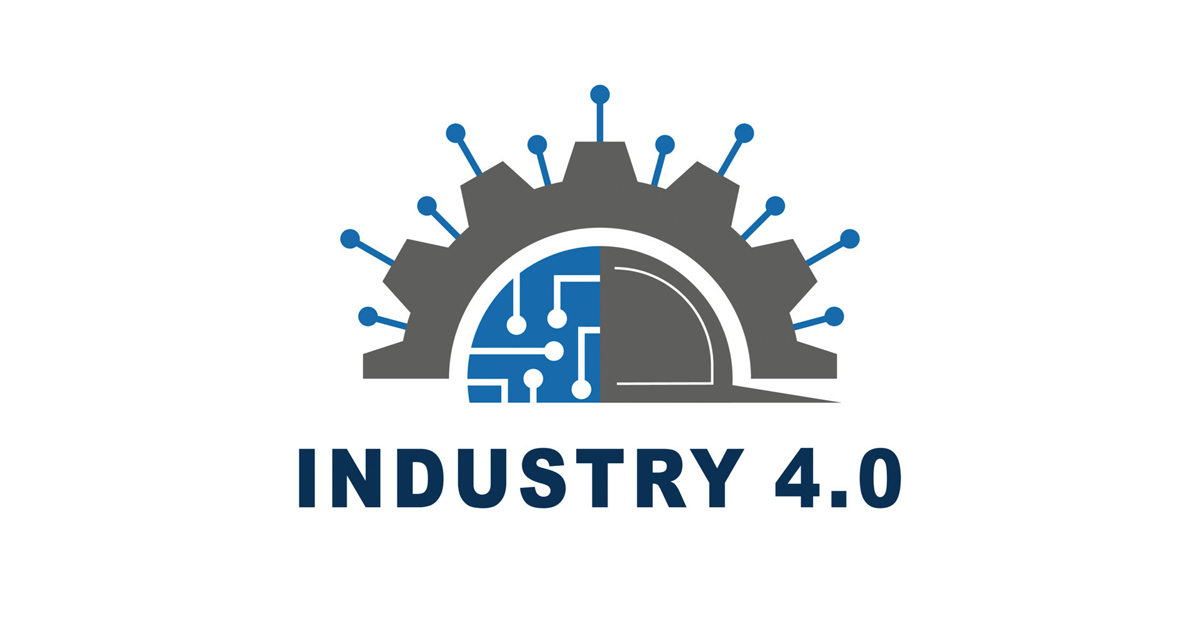The dawn of Industry 4.0, also referred to as the Fourth Industrial Revolution, has ushered in a new era of innovation that is dramatically reshaping the global manufacturing sector. This digital transformation’s primary objective is to achieve a more efficient, flexible, and responsive manufacturing system that can quickly adapt to changing customer demands and market conditions. The technological revolution is driven by advanced technologies, such as the Internet of Things (IoT), big data analytics, artificial intelligence (AI), and robotics, among others. By leveraging these technologies and data analytics, companies can optimise their production processes, minimise waste and costs, and enhance product quality and customer satisfaction.
Key Components of Industry 4.0
- Interconnectivity: The Internet of Things (IoT) and the Industrial Internet of Things (IIoT) have facilitated machines, devices, and people to communicate with each other in real-time. This interconnectivity enables seamless data exchange, which is vital for smart manufacturing processes. The interoperability of systems and devices not only streamlines operations but also fosters collaboration among various departments within an organisation.
- Data Analytics: Advanced analytics tools help companies make sense of the vast amount of data generated through connected devices. By analysing this data, companies can identify patterns, trends, and areas for improvement, leading to better decision-making and enhanced efficiency. Predictive analytics and machine learning algorithms further empower organisations to predict potential issues and take proactive measures to avoid disruptions in the production process.
- Cyber-Physical Systems: Cyber-physical systems are integrated systems that combine physical components with digital technologies. These systems enable real-time monitoring and control of production processes, making it possible to adapt and respond to changing conditions swiftly. The use of digital twins, virtual representations of physical assets, allows manufacturers to test and optimise processes in a simulated environment before implementing them in the real world.
- Automation and Robotics: Automation is a critical aspect of smart manufacturing, reducing manual intervention and boosting efficiency. Robotics can perform complex tasks with precision and consistency, further improving overall productivity. Collaborative robots, also known as cobots, can work alongside human workers, enhancing their capabilities while maintaining safety standards.
- Artificial Intelligence (AI) and Machine Learning (ML): AI and ML play a pivotal role in Industry 4.0 by enabling machines to learn from data and make decisions autonomously. These technologies can process and analyse vast amounts of data, identify patterns, and make predictions, driving efficiency, and reducing human errors.
The Benefits of Smart Manufacturing
- Enhanced Productivity: The use of advanced technologies enables companies to streamline their operations and automate repetitive tasks. This results in a significant increase in productivity, allowing companies to meet customer demands more effectively. Moreover, improved data visibility and real-time monitoring enable manufacturers to make informed decisions that can optimise the use of resources and reduce downtime.
- Cost Reduction: With the help of data analytics and automation, companies can identify and eliminate inefficiencies in their production processes. This reduction in waste and optimisation of resources directly contributes to cost savings and an improved bottom line. Energy efficiency is also enhanced through the use of smart sensors and intelligent control systems.
- Improved Flexibility: Industry 4.0 technologies allow companies to quickly adapt to changes in market conditions and customer preferences. This flexibility is essential in today’s fast-paced and competitive business environment. The ability to swiftly reconfigure production lines and change product specifications enables manufacturers to respond to customer needs more effectively.
- Better Quality Control: Advanced monitoring systems and analytics tools enable companies to maintain a high level of quality control, reducing the chances of defects and ensuring customer satisfaction. Automated inspection systems and real-time feedback loops help maintain consistent quality throughout the production process, leading to a more reliable final product. Additionally, the use of AI and ML algorithms can help predict potential issues and facilitate preventive maintenance, further enhancing product quality.
- Customisation and Personalisation: The ability to collect and analyse data in real-time makes it possible for companies to offer customised and personalised products to their customers, catering to individual preferences and requirements. With smart manufacturing, businesses can implement flexible production processes that can produce a wide range of products while maintaining efficiency, enabling them to meet diverse customer needs.
- Enhanced Supply Chain Management: Industry 4.0 technologies facilitate better visibility and control over supply chain processes, enabling companies to track materials and products throughout their lifecycle. This increased transparency helps businesses identify potential bottlenecks, optimise inventory levels, and improve overall supply chain performance.
- Workforce Empowerment: Smart manufacturing technologies can augment the human workforce by automating repetitive tasks, allowing employees to focus on higher-value tasks that require creativity and problem-solving skills. Additionally, advanced training tools, such as augmented reality (AR) and virtual reality (VR), can help upskill the workforce to adapt to the changing demands of the industry.
Summary
Industry 4.0 and smart manufacturing are revolutionising the manufacturing landscape, ushering in a new era of efficiency, flexibility, and responsiveness. By adopting these advanced technologies and leveraging data analytics, companies can optimise their production processes, reduce waste and costs, and improve product quality and customer satisfaction. The integration of IoT, AI, robotics, and other cutting-edge technologies is enabling businesses to become more agile, resilient, and competitive in the global market.
As businesses continue to embrace this digital transformation, the full potential of Industry 4.0 and smart manufacturing will be realised, further driving innovation and growth in the global economy. The shift towards smart manufacturing is not just a trend but a necessity for companies to remain relevant and thrive in an increasingly dynamic and competitive environment.
